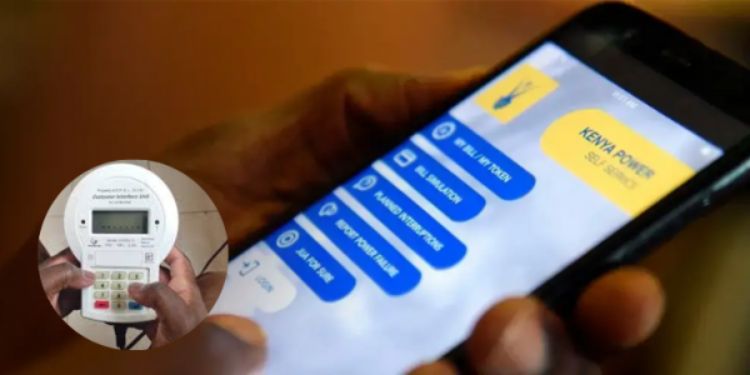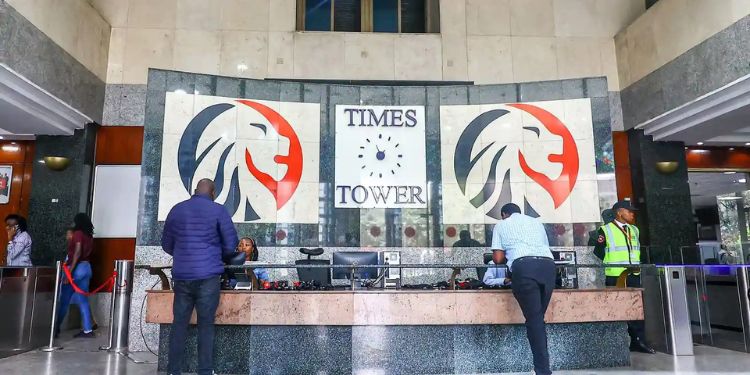The Kenya Revenue Authority (KRA) has issued a clarification on whether all deposits into a taxpayer’s bank account can be deemed as income.
In a statement on Tuesday, September 9, KRA noted that the clarification follows uproar over a recent Tax Appeal Tribunal ruling.
In the case involving Kirin Pipes Ltd, the ruling states that deposits without proper supporting documentation will be treated as taxable income.
KRA indicated that the Tribunal’s decision reaffirmed its mandate under Section 3 of the Income Tax Act, which allows the taxman to classify unexplained bank credits as income, unless taxpayers provide verifiable evidence that such funds represent non-taxable inflows.
Kirin Pipes Ltd vs KRA has stirred debate. Here is the ruling position: Deposits without proper documentation proving they are loans or capital injections will be treated as income under Section 3 of the Income Tax Act
Also Read: How to Pay KRA Penalties After Missing the Deadline
The Kirin Pipes Case
Between 2019 and 2022, Kirin Pipes Limited was assessed additional taxes amounting to Ksh34.3 million in income tax and Ksh22.6 million in VAT after KRA concluded that deposits reflected in its accounts were undeclared sales revenue.
According to KRA, deposits into Kirin Pipes’ accounts represented undeclared sales revenue.
However, the company argued that the funds included shareholder capital injections of Ksh29.4 million, loans worth Ksh31.7 million, and customer advances of more than Ksh65 million.
On the other hand, Kirin Pipes insisted that the transactions did not fall within the definition of taxable income and accused KRA of double taxation in cases of customer advances that were later invoiced and declared.
Also Read: How to Apply for KRA Tax Amnesty on iTax
Court Rules in Favor of KRA
The Tribunal ruled in favour of KRA, noting that Kirin Pipes failed to provide enough evidence linking the deposits to shareholders or lenders.
Also, they noted that uncertified bank statements and vague SWIFT transfer confirmations were not enough without corroborating documents such as board resolutions, updated CR12 records showing revised shareholding, or evidence of loan repayment.
Additionally, it flagged the loan agreement provided by Kirin Pipes as problematic, since it was interest-free, open-ended, and had no repayment timeline, making it difficult to verify its legitimacy.
Therefore, KRA’s assessment was upheld, confirming that deposits worth Ksh54 million could rightfully be treated as taxable income.
The ruling established clear guidance on how KRA may classify bank deposits during tax audits.
Many businesses in Kenya receive funds from sources including loans, and deposit money through mobile money services, including M-Pesa, which raised concerns among Kenyans, as they do not automatically qualify as taxable income.
Follow our WhatsApp Channel and X Account for real-time news updates.














































































We can’t be taxed always in everything we do with the small we are trying to collect in our small business or employments while the economy of the country is very poor, everything is expensive and there is no job that the government as given to us,we are struggling so hard in life to survive in this country then the government come to take away from us the little we are trying to bring food to the table to eat and wait for death. Don’t worry Kuna njia mingi sa kuua paya, your days will come when we will free ourselves from your slavery between life and death!